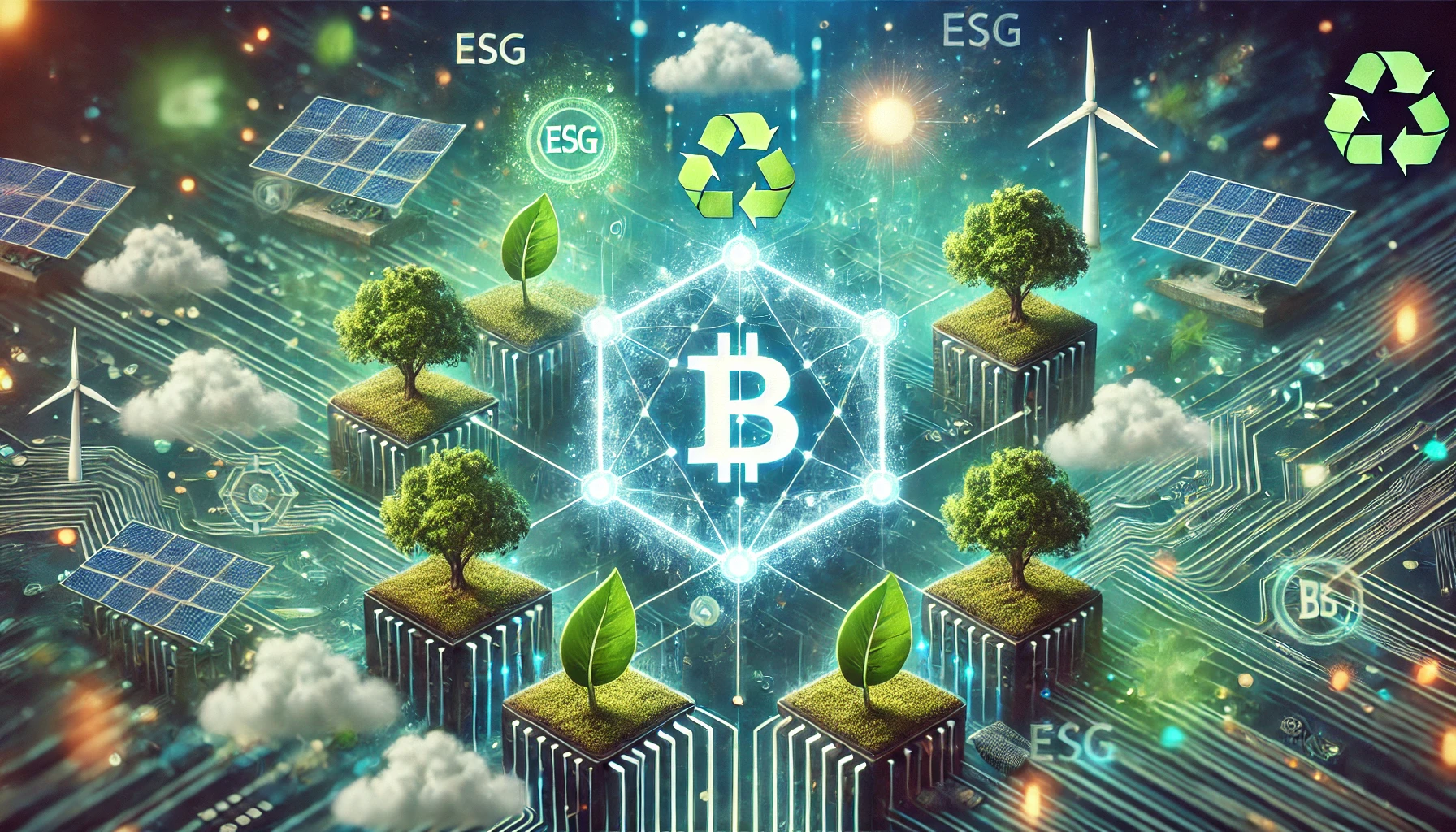Blockchain technology, renowned for its transparent and immutable ledger, has emerged as a transformative tool in sustainability. As industries strive to enhance corporate social responsibility and meet Environmental, Social, and Governance (ESG) goals, blockchain offers unprecedented capabilities to record and verify sustainability data.
Transparency and Accountability in ESG Reporting
The immutable nature of blockchain ensures that sustainability data—whether it pertains to carbon emissions, energy usage, or ethical sourcing—remains accurate and tamper-proof. Companies can leverage blockchain to provide transparent reports, which are increasingly demanded by investors and regulators. For instance, a supply chain integrated with blockchain can trace the journey of raw materials, ensuring adherence to sustainable practices and verifying claims of eco-friendliness.
Supporting ESG-Conscious Investments
Investors are increasingly aligning portfolios with ESG principles, and blockchain can provide the data transparency necessary for informed decision-making. Tokenized assets on blockchain platforms allow fractional ownership of green initiatives, such as renewable energy projects or carbon offset programs. These innovations democratize investment opportunities and channel more funds toward sustainable projects.
Revolutionizing Supply Chains
Blockchain’s real-time tracking capabilities can revolutionize supply chain management. By embedding smart contracts into transactions, companies can ensure compliance with sustainability criteria at every stage. From fair trade certifications to minimizing environmental footprints, blockchain offers a verifiable pathway to meet global standards.
Addressing Greenwashing
Blockchain combats greenwashing—false claims about sustainability—by recording verifiable data on an immutable ledger. This builds trust among consumers, investors, and stakeholders, ensuring that sustainability claims are backed by concrete evidence.
Challenges and the Road Ahead
Despite its potential, blockchain faces hurdles such as energy consumption in certain consensus mechanisms and integration costs. However, with advancements like proof-of-stake and hybrid models, blockchain is becoming more energy-efficient and accessible.
Blockchain technology is more than a tool; it’s a catalyst for change in sustainability. By fostering transparency, enhancing accountability, and empowering ESG-conscious investments, blockchain aligns the digital revolution with the planet’s needs. As adoption grows, blockchain promises a future where technological innovation and environmental stewardship coexist harmoniously.




